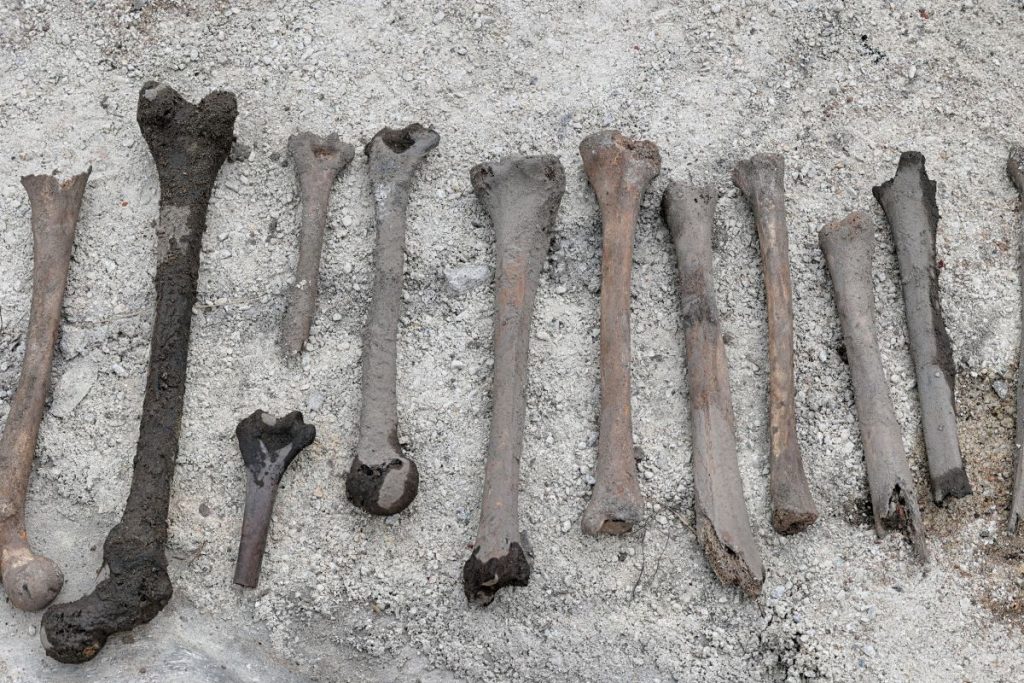The legal frameworks differ from country to country, allowing sellers to exploit gaps in the system.
Others are reading now
The trade in human bones has flourished online, taking advantage of legal loopholes, allowing collectors to buy and sell human remains with little restriction.
Modern Grave Robbing
Experts have labeled this as a form of modern “grave robbing.”
In countries like Australia, where such trade is largely illegal, sellers have found ways to bypass regulations by offering photos of the remains for sale and including the bones as a “gift” with the purchase.
This strategy has enabled the market to thrive, despite laws aimed at curbing such activity.
Also read
While financial motivation plays a major role in this grim marketplace, experts highlight other driving forces.Many individuals are driven by a sense of power, control, or a desire to establish a unique identity.
Exploit Gaps in the System
Some collectors have amassed personal collections of bones and remains that rival those found in museums. Dr. Damien Huffer, an expert on the subject, has studied this underground trade and authored a book discussing the sale of bones online, according to Ziare.
According to him, the legal frameworks differ significantly from country to country, allowing sellers to exploit gaps in the system. The internet has only amplified the reach of this niche but growing phenomenon.
Bone traders often rely on emojis, code words, and hashtags to avoid detection and find buyers.
For instance, sellers may refer to “oddities” or, in one documented case, use a wink emoji to inquire if anyone has a femur or two for “gifting.” Another post advertised “something special,” promising both a photograph and “a real medical specimen” with a bone emoji for emphasis.
It’s not just bones being sold; some traders offer skeletal remains from cremations or even organ slices.
Police in South Australia are currently investigating claims of skull sales at an auction house. One human skull, described as “medical,” sold for about $380 USD, while another, missing the lower jaw and featuring some vertebrae, fetched around $950 USD.


